a guide to curating your reading list
hope it makes your reading journey more meaningful and rewarding
*All the links in this post point to my bookstore, based in Vietnam. If you decide to order something, it’d mean a lot and help support what I do.
Can I just read what I want?
As a bookseller specializing in literary fiction, especially classics, I’ve noticed a pattern. Every time a Booker Prize longlist or shortlist is announced, a Nobel Prize winner is named, or some “top books of the century” list makes the rounds, there’s a sudden rush. Readers scramble to find these books, eager to experience what everyone is talking about, regardless of the irrelevance of these books to their personal reading goal, or even to their taste. Then, just as quickly as the excitement builds, it fades. The books are set aside, and the authors slip from conversation.
Recently I’ve seen this happen with Jon Fosse and Han Kang. For some once-popular authors, their influence lingers like ripples in water—here and there, readers still pick up their work, and discussions continue. But for some others, all conversation simply dries up, as if their moment never happened.
The point that I’m making here is: a large population of readers is choosing books out of the fear of missing out. Everyone is reading this book, or this author, so I should too. The content doesn’t matter so much, since you don’t care what you are going to read as much as jumping on the trends. Books are treated as trends while it shouldn’t be the case.
Before anyone comes at me, I am not here to vent or criticize. If you build your reading journey around what’s trending or what others are reading, that’s fine. But if you see reading as more than just a leisure activity, but rather a way to learn, grow, and engage with ideas deeply, you need a different approach.
How to curate your reading list
Define your cause
Reading is about connecting the dots. Each book you read is a small piece of knowledge, scattered like dots on a canvas. The more you read within a particular area—whether it’s English literature, philosophy, or any other genre—the more those dots start to connect. Over time, you begin to see how authors influence one another, how ideas evolve, and how recurring themes take shape. But if you only read one or two books in a genre, those few books may define your entire perception of it, making it harder to grasp the bigger picture.
That leads us to the first step: defining your cause. What is your goals of reading? What do you want to know? You might be drawn to politics, medieval literature, modern English literature, or the ancient Chinese way of life. Whatever it is, define it clearly and build your reading list around that single aim.
And keep in mind that no single book can “fix” anything. I’ve never been to a doctor who prescribed just one magic pill to cure all my health problems. Books work the same way—you need a collection, not just one, to get what you aim for.
The T-shaped model
You’ve probably heard of the T-shaped model in a professional setting. It’s the idea that you need both breadth and depth of knowledge. Put simply, you should know a little of everything and a lot about one thing.
And that’s how we’re gonna curate our reading list: with breadth and depth.
Let’s start with depth - the vertical line of the T. Depth is directly tied to your reading goal. Say you want to learn about existentialism. Your “depth” line would include Kierkegaard, Nietzsche, Heidegger, Sartre, de Beauvoir, Camus, Dostoevsky, and other existentialist thinkers, along with commentary books and essays on existentialism. But it’s not just about collecting names, you need to arrange these works in a logical order because each author influences the next. Finding the best reading sequence isn’t hard, if you can, ask an expert in the field, if not, I’m sure Reddit has some discussion on anything, or you can ask ChatGPT.
Next up, we have breadth. Is breadth everything else you can read?
Well, you’re close.
The horizontal line of the T should contain anything you like that provide context or additional information for the deep-dive. Say your depth is existentialism, your breadth might include:
Historical context: The political and social landscape that shaped existentialist thought.
Philosophical background: Existentialism didn’t come out of nowhere. Thinkers like Plato, Kant, or Marx laid some of the groundwork, or pushed back against ideas existentialists later explored.
Literary connections: Fiction that plays with existentialist themes outside the direct pool. You’ve got The Stranger by Camus (if you haven’t already put it in your depth list), Waiting for Godot by Beckett, or other modern novels that tap into the same ideas.
Psychology and neuroscience: How does meaning-making (or the lack of it) work on a human level? Books like Viktor Frankl’s Man’s Search for Meaning or Jung’s writings on the psyche can add another layer to your understanding.
Pessimistic works: If existentialism asks how to live in an absurd world, pessimism questions whether living is worth it at all. Thinkers like Arthur Schopenhauer (The World as Will and Representation) or E. M. Cioran (The Trouble with Being Born) can bring you a much darker perspective, seeing existence itself as a burden. I just read The Conspiracy Against the Human Race by Thomas Ligotti that also falls into this category.
So, breadth is essential because it provides a broader perspective - it helps you see the topic from different angles and not stuck in a bubble. Choose breadth wisely!
Another example
Now let’s say you are interested in Russian literature and want to deep dive in it.
The vertical line of the T, of course, must contain the essential authors that you need to read to understand Russian literature. It includes but not limited to Pushkin, Gogol, Dostoevsky, Tolstoy, Turgenev, then Chekhov, Zamyatin (in case you don’t know, his most famous book is We, which influenced 1984 and Brave New World), then Soviet and post-Soviet literature - Pasternak, Bulgakov, and many more.
Your breadth should help you see Russian literature in a broader context: its history, influences, and how it connects to other ideas. It may contain:
Historical background: Understanding Russian history will help you grasp the themes of oppression, revolution, and fate that run through its literature. You can choose a beginner-friendly historical work to get an overview of the Russian history.
Literary influences: Read works of thinker and authors that made an impact on the Russian authors, such as Balzac, Flaubert, or Hegel and Schopenhauer.
Commentaries: Read some criticism to the great Russian novels: Nabokov’s Lectures on Russian Literature is a fun place to start - he throws shade on almost everyone except for Gogol.
Of course you don’t have to read everything - just enough of these to make it easier to enjoy the main work. So don’t freak out!
Can it be less complicated?
Yes! I read The Second Sex by chance (well, took me a month) and I loved it, so I tried finding out all key books on different feminism waves to read. That’s for the depth. And for the breadth, I read more novels and essays by female authors (by far Austen, Bronte, Lispector and Woolf). You can do the same—build your reading list around a book you love and let it guide you to new discoveries.
How to approach your reading list
What now? You cannot chug down Being and Nothingness alongside with, say, Critique of Pure Reason. And reading should be fun, after all.
The rule is: don’t be a perfectionist. You do not have to read every single book by every single author in the field. No one’s keeping score. If you want to get a sense of a writer’s ideas before diving in, look up a solid summary, watch a lecture, or read some commentary. Then, go with the author that grabs your interest the most.
And if a book looks intimidating (because some of them will be), ease into it. You don’t need to tackle Thus Spoke Zarathustra right away - start with The Joyous Science and work your way up. Same with Kant - Prolegomena to Any Future Metaphysics is way friendlier than Critique of Pure Reason. Think of it like lifting weights: you don’t start with the heaviest bar in the gym unless you want to wreck yourself.
That said, don’t let your reading list trap you. Having a structured list isn’t about locking yourself into one genre or forcing yourself to read certain books. Instead, it’s about having an anchor so you’re not constantly adrift, jumping between random books with no direction. You can read whatever catches your eye, but when you feel lost in the endless flood of classics, prize-winners, and new releases, your list will be there to keep you on track.
What if I like to read one bit of everything?
Reading widely has its perks: it keeps things fresh, introduces you to different perspectives, and lets you make unexpected connections between ideas. But here’s something to think about: Have you ever read a book and felt like you were missing something?
Maybe it was a classic everyone raved about, but you didn’t quite get why it was important. Or a novel that seemed dated or unrelatable, leaving you wondering why people still talk about it. Often, this isn’t about intelligence or taste - it’s about context. The more scattered your reading, the harder it becomes to make sense of certain books in a meaningful way.
This isn’t to say you shouldn’t read widely - far from it. But reading widely and reading meaningfully are two different things. The key is to slow down sometimes and connect the dots. Instead of treating books as isolated experiences, ask yourself: How does this book relate to what I’ve read before? What ideas does it build on? What was happening in the world when it was written? What was the author going through when bearing this book?
One way to do this is by keeping a reading journal, jotting down recurring themes you notice, connections between different books, or questions that come up as you read. I myself am too lazy to keep a journal, but I try to jot down a few things or two about a book on Goodreads after I finish it, and it works just fine.
Another approach is to read books in conversation with each other. If you loved The Stranger by Camus, maybe follow it up with Sartre’s Nausea or a book on absurdist philosophy. If you found Pride and Prejudice interesting but outdated, try pairing it with a book on gender roles in the 19th century.
The point isn’t to overanalyze everything or turn reading into a chore, it’s just about being more aware of the bigger picture. Whether you prefer depth, breadth, or something in between, the goal is to read in a way that keeps you engaged and helps you get the most out of every book.
Thanks for reading till the end.
This space is an extension of my bookstore, but also a reflection of my thoughts. If a book here speaks to you, it’s waiting for you on my shelves (ig, facebook, website)
Until next time!



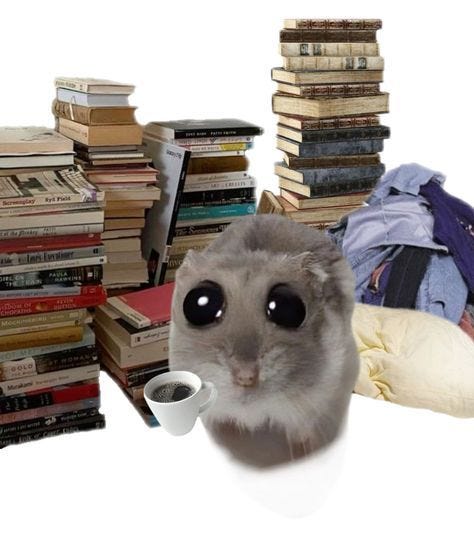
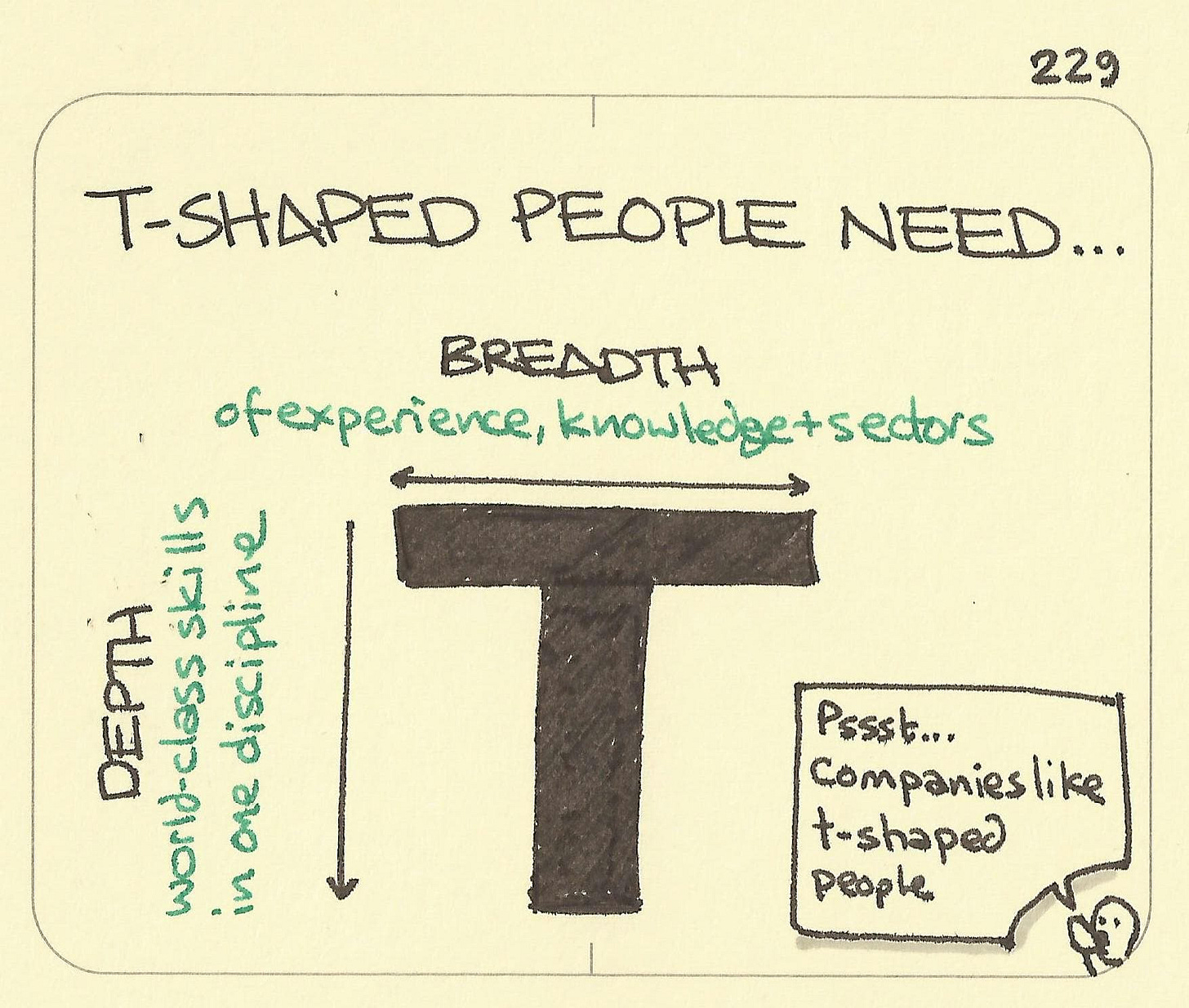
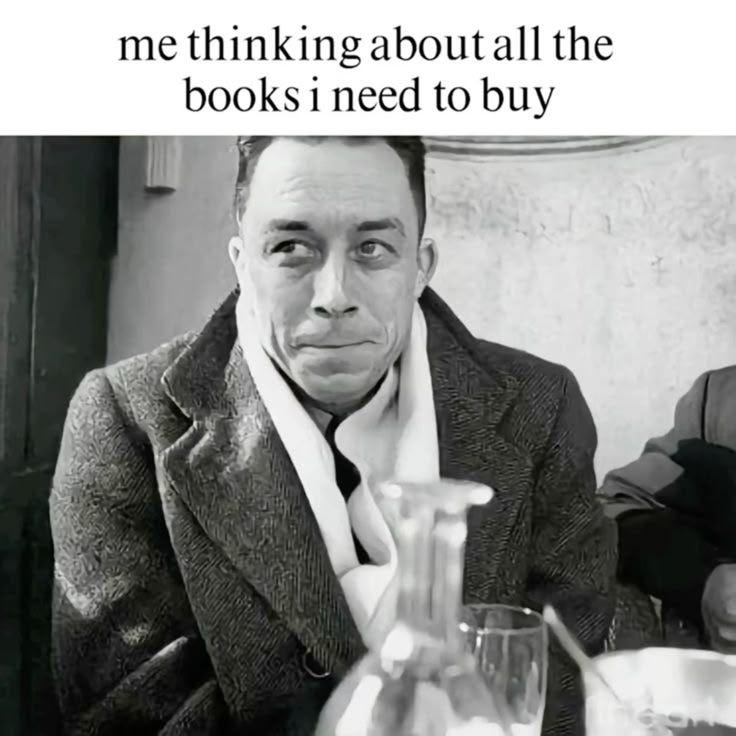
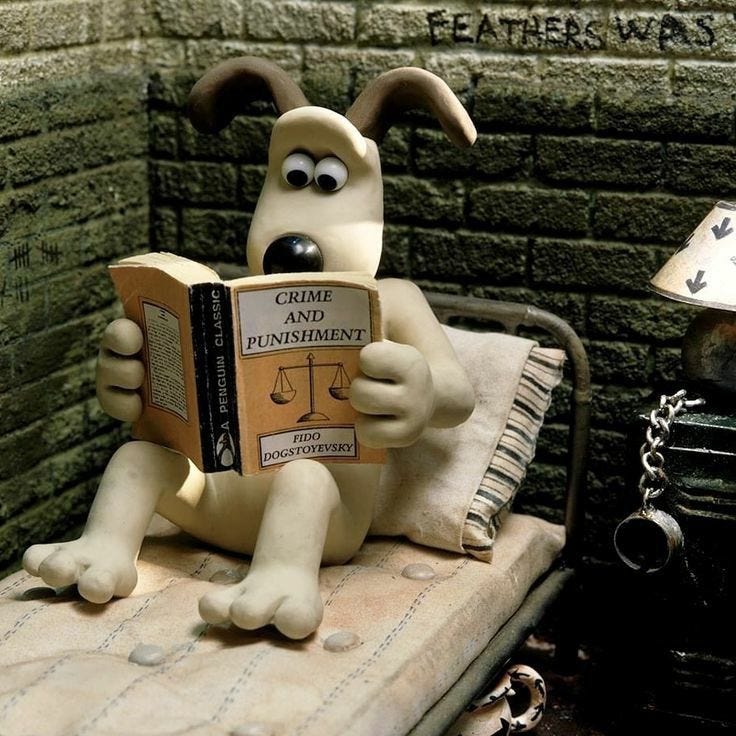
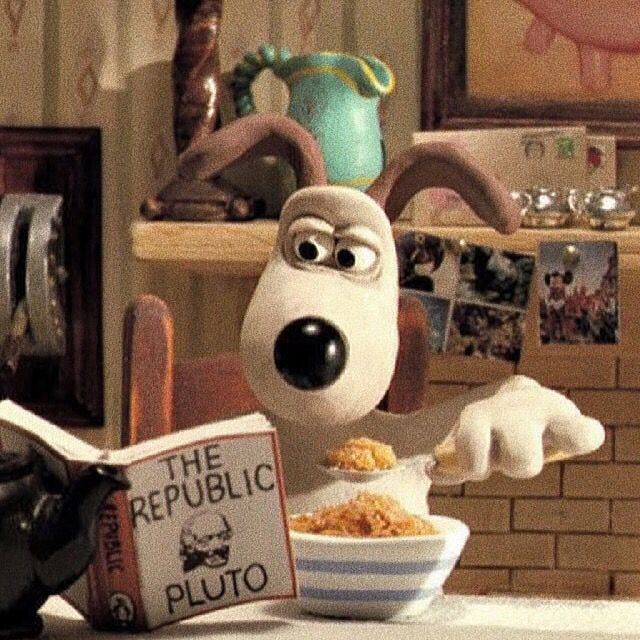
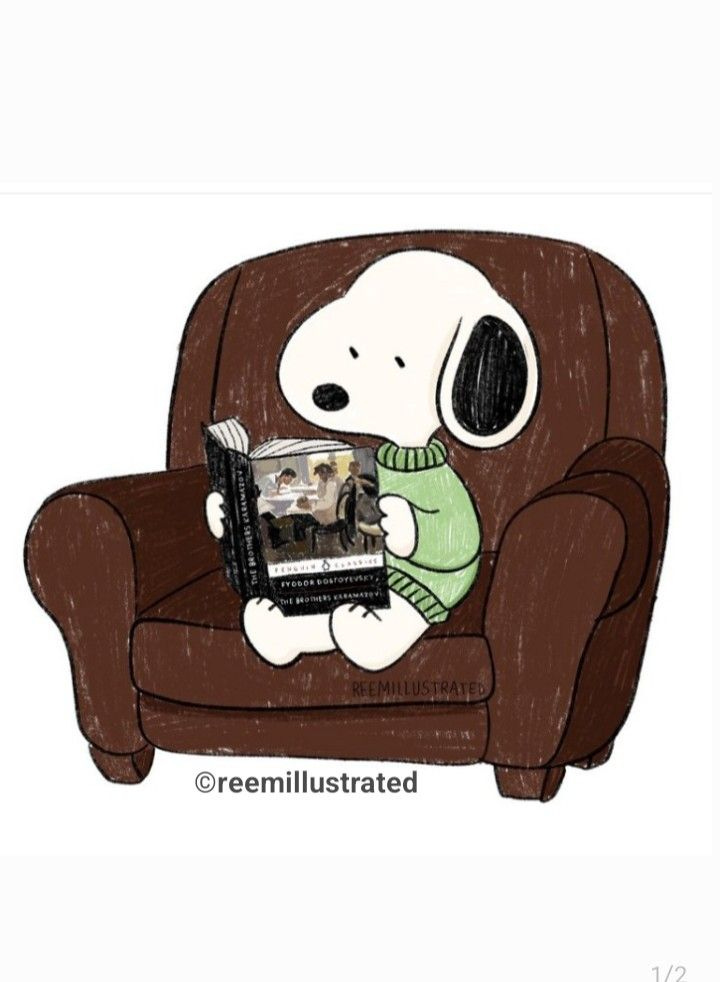
Great, thorough piece. Love the examples of T-shaped reading in a topic. My focus being English literature, you've inspired me to start reading more about English history alongside the classic novels.
I actually was trying to read Critique of Pure Reason but couldn't understand much lol, I'll follow your advice and start with the other book. It's the first post of yours that I read and I loved it!